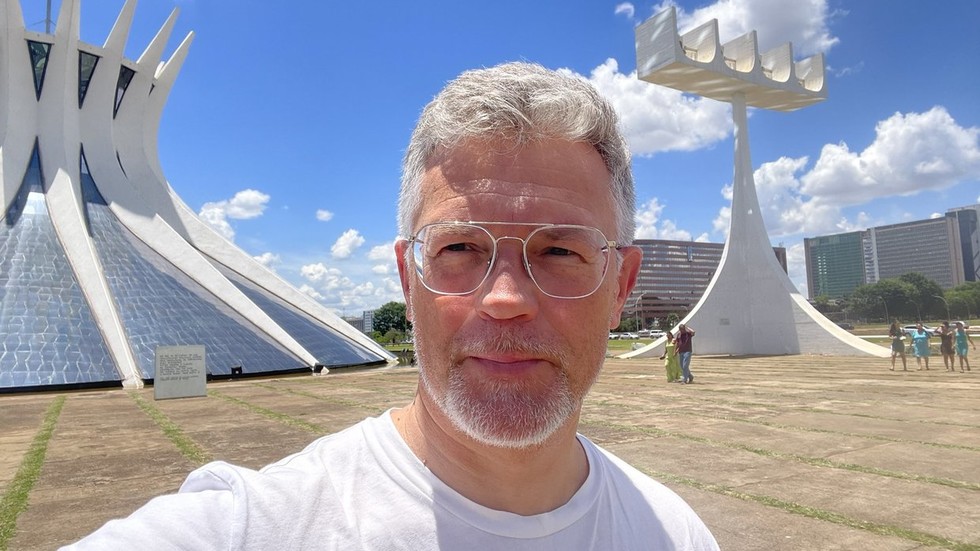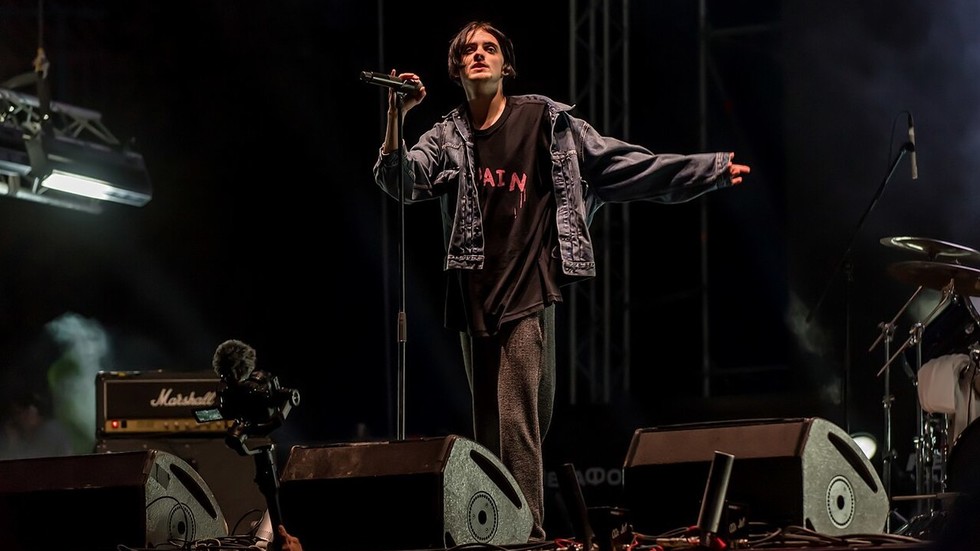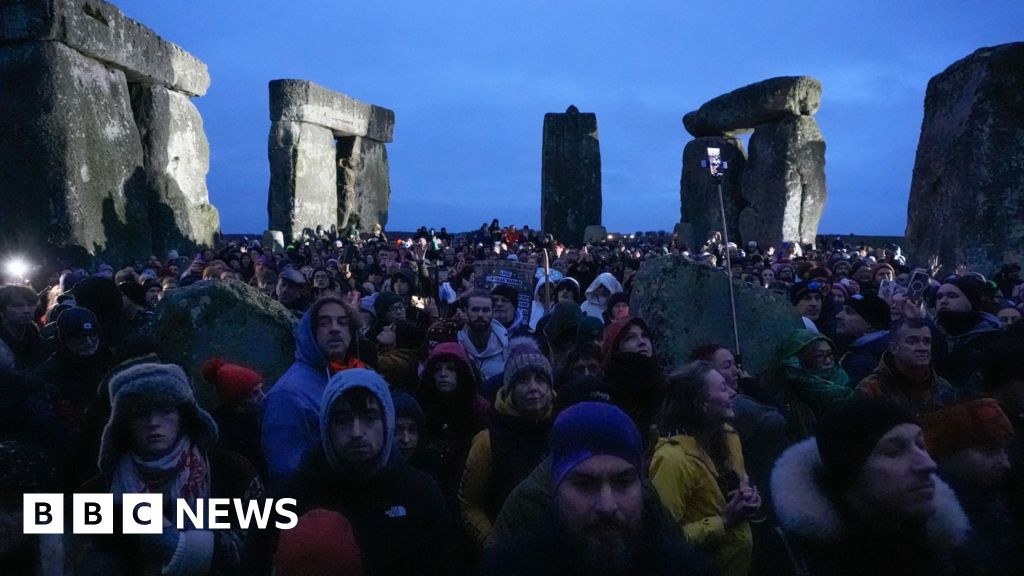Sunday’s election in Tunisia will mark the first since President Kais Saied was elected to power as an independent with no prior political experience in 2019 and later extended his rule in a “self-coup” in July 2021. He suspended parliament, dismissed the prime minister, Hichem Mechichi, and assumed executive authority.
Rights groups, both international and domestic, have decried plummeting standards in civil liberties, freedom of speech and the waves of arbitrary arrests to have targeted the president’s critics and opponents under Saied’s presidency.
Nevertheless, against a backdrop of widespread public disillusionment with party politics, few doubt that Saied will be returned for a second term in an election widely regarded by observers at home and abroad as “rigged” in advance.
How far has Tunisia fallen?
A long way.
While far from perfect, Tunisia had long been hailed as the sole success of the series of 2011 revolutions that some observers termed the “Arab Spring”. In Tunisia, the uprising – referred to by some as the Jasmine Revolution – culminated in the ousting of dictator Zine El Abidine Ben Ali in January 2011.
In the wake of the revolution, the appetite for political engagement was almost tangible. Rights groups, NGOs and individual activists surged forward, eager to take part in a society that was rediscovering itself after years of autocracy.
Even the assassinations of two high profile politicians, Chokri Belaid and Mohamed Brahmi, in 2013 failed to derail the transition from autocracy to democracy, with tens of thousands of Tunisians returning to the streets to defend the gains made since 2011.
The unrest, rather than crush the hopes of 2011, prompted the intervention of four of the country’s major civil society organisations, the country’s general labour union, the UGTT; the commercial union, UTICA; the Tunisian Human Rights League, LTDH; and the bar association, ONAS – which together ensured parliamentary democracy withstood the shock and the transition remained on course.
The groups’ efforts were later recognised internationally, with each awarded the Nobel Peace Prize in 2015.
Were things in Tunisia perfect before Saied’s power grab?
Not really.
Tunisia’s democracy was messy. For the 10 years between Tunisia’s revolution and its current president’s power grab, the country experienced nine wildly unstable governments.
Against a background of ingrained unemployment, economic decline and religiously inspired unrest, Tunisia’s politicians faced accusations that they were prioritising self interest and alliance-building above firm action, not least in confronting the country’s security services and economy, which remained almost entirely unreformed.
Tunisia’s final parliament before its dissolution in 2021 proved to be especially chaotic. Arguments between the parliament’s members frequently turned violent, politicians staged sit-ins within the chamber and one member, Abir Moussi – a vocal opponent of Saied who was arrested in 2023 – arrived for a debate dressed in body armour and a crash helmet in May 2021.
Meanwhile, poverty, protests and social unrest were growing, causing popular disillusionment with party politics and, particularly, with the country’s dominant political party, the self-styled Muslim democrats, Ennahdha.
Still, this period saw Tunisia enact some landmark laws too.
Though its implementation has remained patchy, 2017 saw the parliament pass groundbreaking laws criminalising violence against women and girls. A year later — in a highly ironic move, given the current racially charged treatment of Black migrants — the parliament also oversaw the passing of a bill criminalising racism.
 A supporter of Tunisian President Kais Saied holds his image along the Habib Bourguiba Avenue in Tunis, on Thursday, July 25, 2024. The protest commemorated the anniversary of Kais Saied consolidating his power in a constitutional coup, and was also the 67th anniversary of the foundation of the republic [Ons Abid/AP]
A supporter of Tunisian President Kais Saied holds his image along the Habib Bourguiba Avenue in Tunis, on Thursday, July 25, 2024. The protest commemorated the anniversary of Kais Saied consolidating his power in a constitutional coup, and was also the 67th anniversary of the foundation of the republic [Ons Abid/AP]Can the election fix Tunisia’s problems?
It’s very unlikely to.
At present, including Saied, there are only three candidates in Sunday’s vote. One, Ayachi Zammel, is in prison, serving multiple sentences after being convicted of falsifying his electoral papers. The other, Zouhair Maghzaoui, prior to his candidacy, was a noted supporter of the president.
Fourteen other candidates for the presidential vote were rejected by the Independent High Authority for Elections (ISIE) earlier this year. However, at least three of those rejections were overturned by one of the country’s highest judicial bodies, the Administrative Court in September, casting further doubt on the credibility of the ISIE. The body had been restructured by Saied in April 2022 and has since been headed by presidential loyalist Farouk Bouasker.
In late September, the country’s parliament, which was reconstructed in 2022 to a constitution of Saied’s design, broke the deadlock, stripping the Administrative Court of its powers to oversee elections.
In addition to those candidates precluded by the ISIE are the many political figures and critics of the president who are languishing in jail on charges characterised by rights groups including Amnesty International of being “trumped up.”
Among those in prison are both the former Ennahdha leader, 83-year-old Rached Ghannouchi, and his archrival, Abir Moussi, leader of the pre-revolutionary continuation party, the Free Destourian Party (PDL).
 President of Tunisia’s Free Destourian Party Abir Moussi speaks to the media during a protest in Tunis on November 20, 2021. She was arrested just over one year ago, on October 3, 2023 [Zoubeir Souissi/Reuters]
President of Tunisia’s Free Destourian Party Abir Moussi speaks to the media during a protest in Tunis on November 20, 2021. She was arrested just over one year ago, on October 3, 2023 [Zoubeir Souissi/Reuters]What about the judiciary?
Other than the Administrative Court, Tunisia’s judiciary has largely been neutered since Saied dissolved the elected High Judicial Council (HJC) in February 2022, replacing it with a body largely appointed by himself.
In June of the same year, the president also arbitrarily dismissed 57 judges. Their appeal against this dismissal was later approved by the Administrative Court in August of that year. However, none have resumed their posts.
More fundamentally, according to Amnesty, the 2022 constitution whose drafting was overseen by Saied, removed many of the safeguards for the judiciary to function with full independence and impartiality.
What about the press?
The media has largely been silent.
Many critics of President Saied or his allies have been jailed under the terms of Decree 54, a controversial piece of legislation passed in 2022 that essentially criminalises any public speech subsequently determined to be false.
Since its passing, according to Human Rights Watch, many of the country’s best-known critics have been jailed or subjected to judicial harassment under the terms of the 2022 legislation or some of the archaic laws left over from before the revolution.
The upshot has been to silence public criticism of the regime, with lifestyle shows taking the place of the political discussion programmes that once crowded the schedules and the national press returning to the standard of rigour formerly extended to the country’s autocrats.
What about civil society?
While public protest did follow Saied’s power grab, demonstrations were largely muted and eventually fizzled out.
Secular supporters of the former parliament refused to protest alongside their Islamist counterparts, while Tunisia’s wider activist community – long attuned to protesting against the members of the former parliament – proved markedly reluctant to demonstrate in their favour.
Over subsequent years, many civil society organisations, including those speaking on behalf of the thousands of migrants who often transit through Tunisia, have been shuttered and their leadership jailed.
Among those arrests were those of antiracism campaigner Saadia Mosbah, arrested in May on charges of financial crimes, and Sihem Ben Sedrine, the former head of the country’s Truth and Dignity Commission, the body charged with investigating the injustices of the former regime, who was jailed in August on charges of falsifying a report.
However, while small in scale compared with Tunisia’s previous mass demonstrations, protests have recently returned to the streets of the capital. In mid-September, thousands demonstrated against the president’s clampdown on freedom of speech and what many see as electoral interference. However, while the demonstrations have continued, none have rivalled the initial protests in scale.

 2 months ago
18
2 months ago
18









